Fengshui often translated as “feng water” or “geomancy,” is an ancient Chinese practice that focuses on harmonizing human environments with nature. While some dismiss it as superstition, millions around the world still believe in fengshui. But why do people believe in fengshui? This article breaks down the key reasons, from psychological comfort to cultural roots, and explains how fengshui continues to influence lives today.
1. Fengshui and the Search for Harmony and Balance
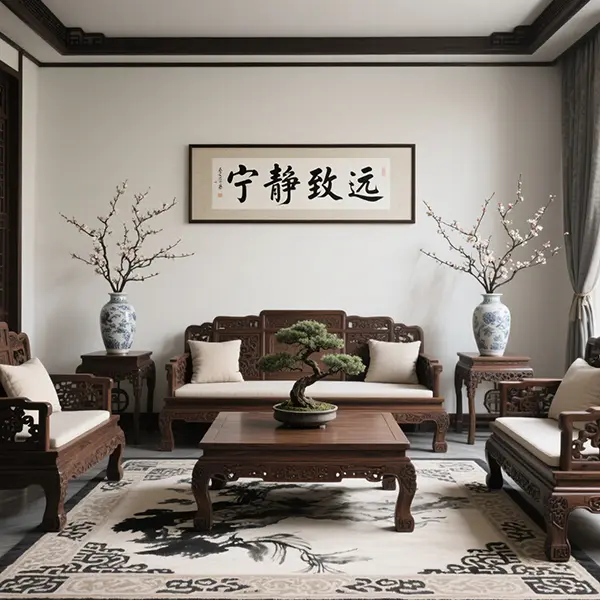
Fengshui is about creating balance between humans and their environment. The practice is rooted in the idea that natural elements like wind, water, and land shape energy (called qi in Chinese philosophy). By arranging spaces to optimize this energy flow, fengshui aims to promote physical and mental well-being. For example, placing a bed away from direct airflow or ensuring a room has ample sunlight are common fengshui principles.
2. Control in an Uncertain World
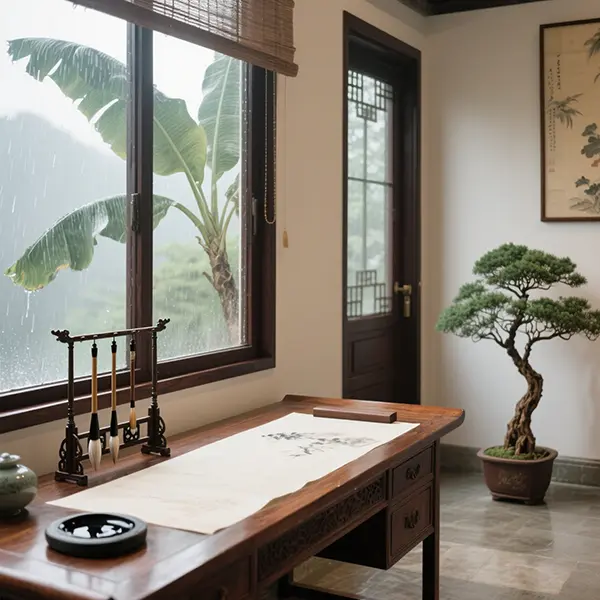
Modern life is full of unpredictability—economic instability, climate change, and personal challenges. Fengshui provides a sense of control by offering practical steps to improve one’s environment. For instance, adjusting furniture layouts or choosing auspicious dates for events can make people feel empowered to shape their destiny.
3. Psychological Comfort and Placebo Effect
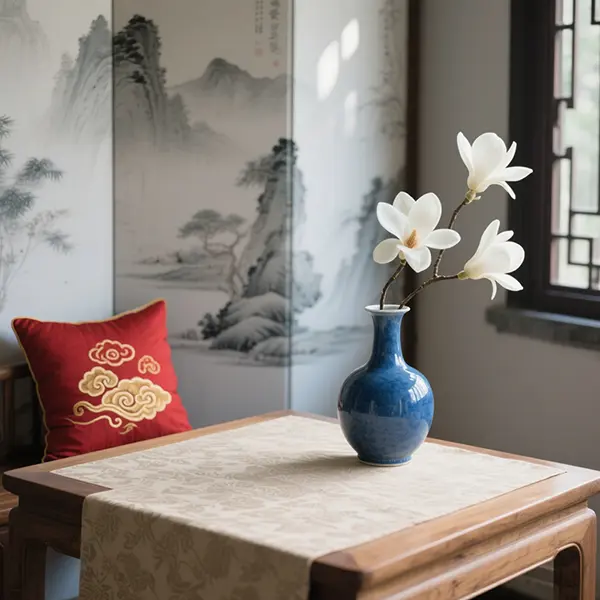
Believing in fengshui can act as a form of psychological comfort. When people follow fengshui advice, they often feel more confident and relaxed. This sense of well-being can become a self-fulfilling prophecy, where the placebo effect makes them perceive positive outcomes.
4. Cultural and Traditional Significance
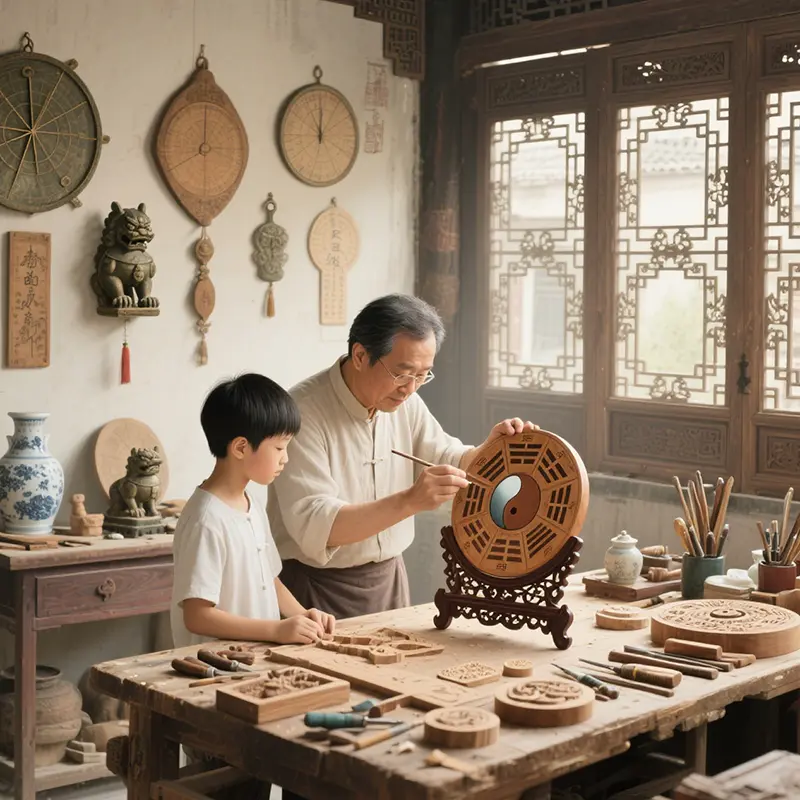
Fengshui has deep roots in Chinese culture, dating back thousands of years. It is tied to Confucianism, Taoism, and traditional Chinese medicine, which emphasize harmony with nature. For many, practicing fengshui is a way to honor their heritage and connect with ancestors.
5. Symbolism and Rituals
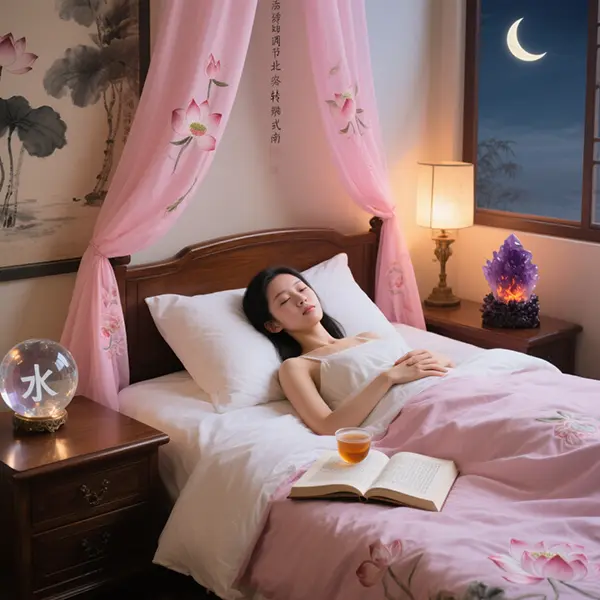
Fengshui uses symbols and rituals to create meaning. For example, the placement of a dragon statue in a home is believed to attract prosperity, while avoiding sharp corners in a room is thought to prevent conflict. These rituals provide a sense of structure and purpose.
6. Practical Considerations
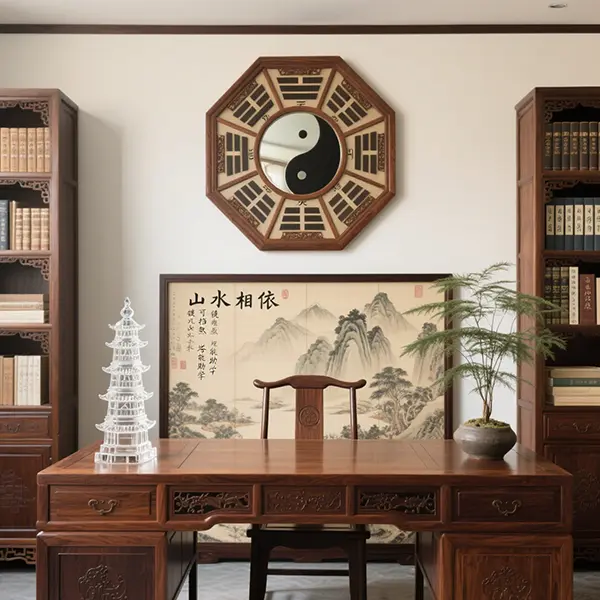
Many fengshui principles align with practical design ideas. For instance:
- Natural light and ventilation: Essential for healthy living.
- Avoiding clutter: Improves mental clarity.
- Proper orientation: Ensures energy efficiency in buildings.
These practical benefits make fengshui appealing even to skeptics.
7. Community and Shared Beliefs
Fengshui is often practiced in communities. Families, businesses, and even governments consult fengshui experts for major decisions. This shared belief reinforces its legitimacy. For example, in China, many companies hire fengshui consultants to ensure office layouts promote success.

Why do people believe in fengshui? The answer lies in a mix of psychological, cultural, and practical factors. Whether it’s the desire for control, the comfort of tradition, or the alignment with natural design principles, fengshui continues to resonate with people across generations. While science may not fully explain its effects, the enduring popularity of fengshui shows its value in addressing universal human needs for harmony, security, and belonging.

